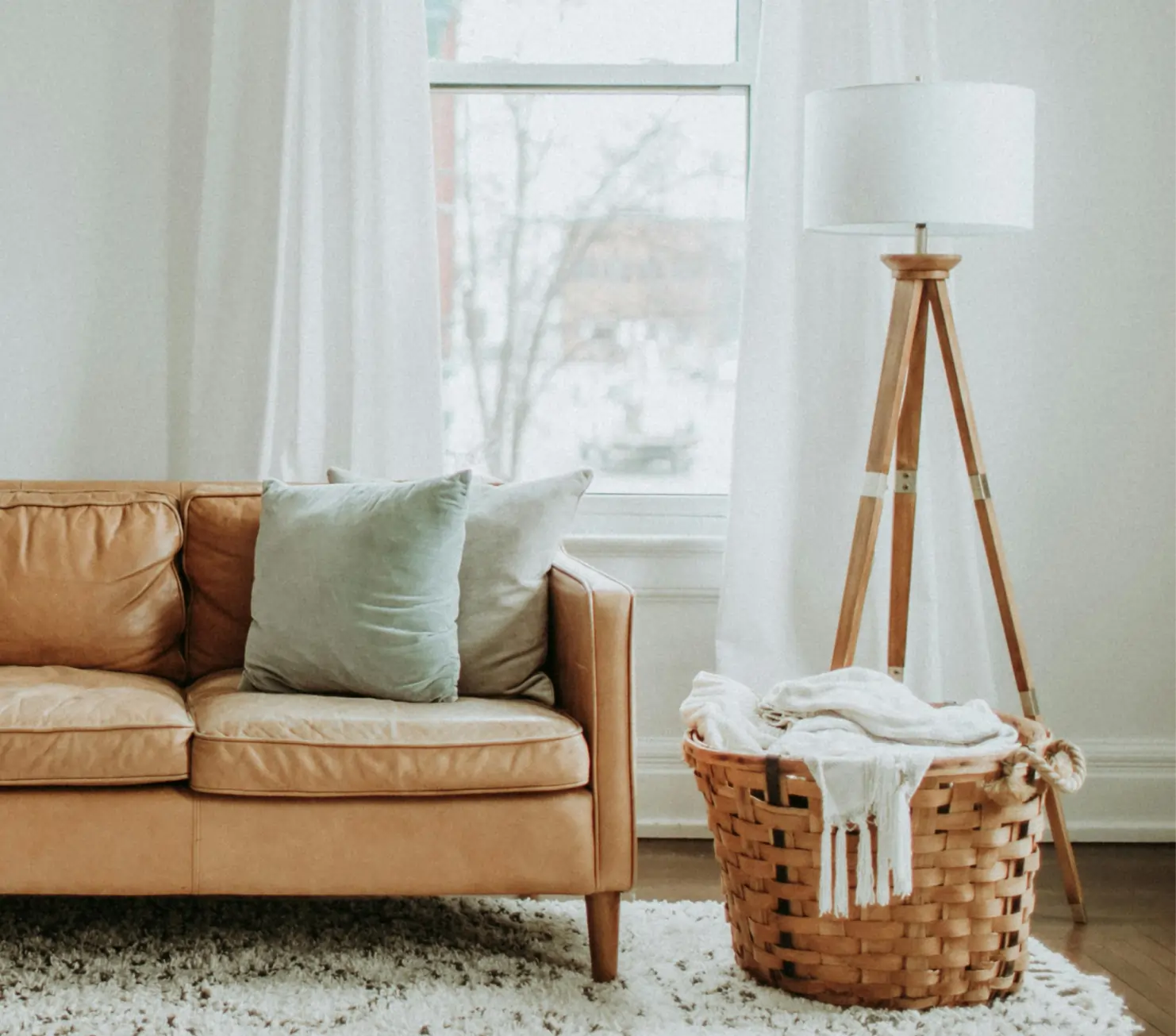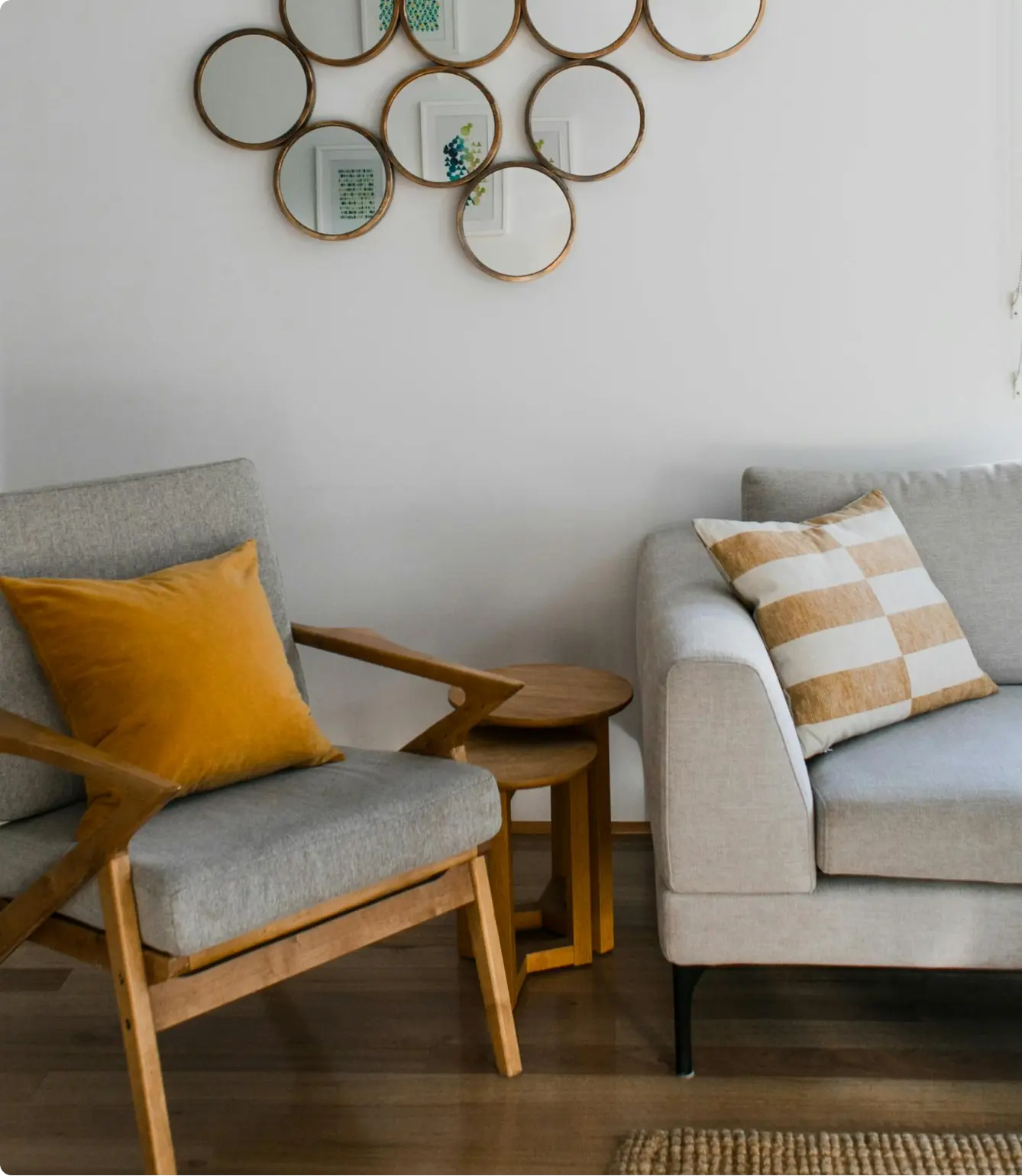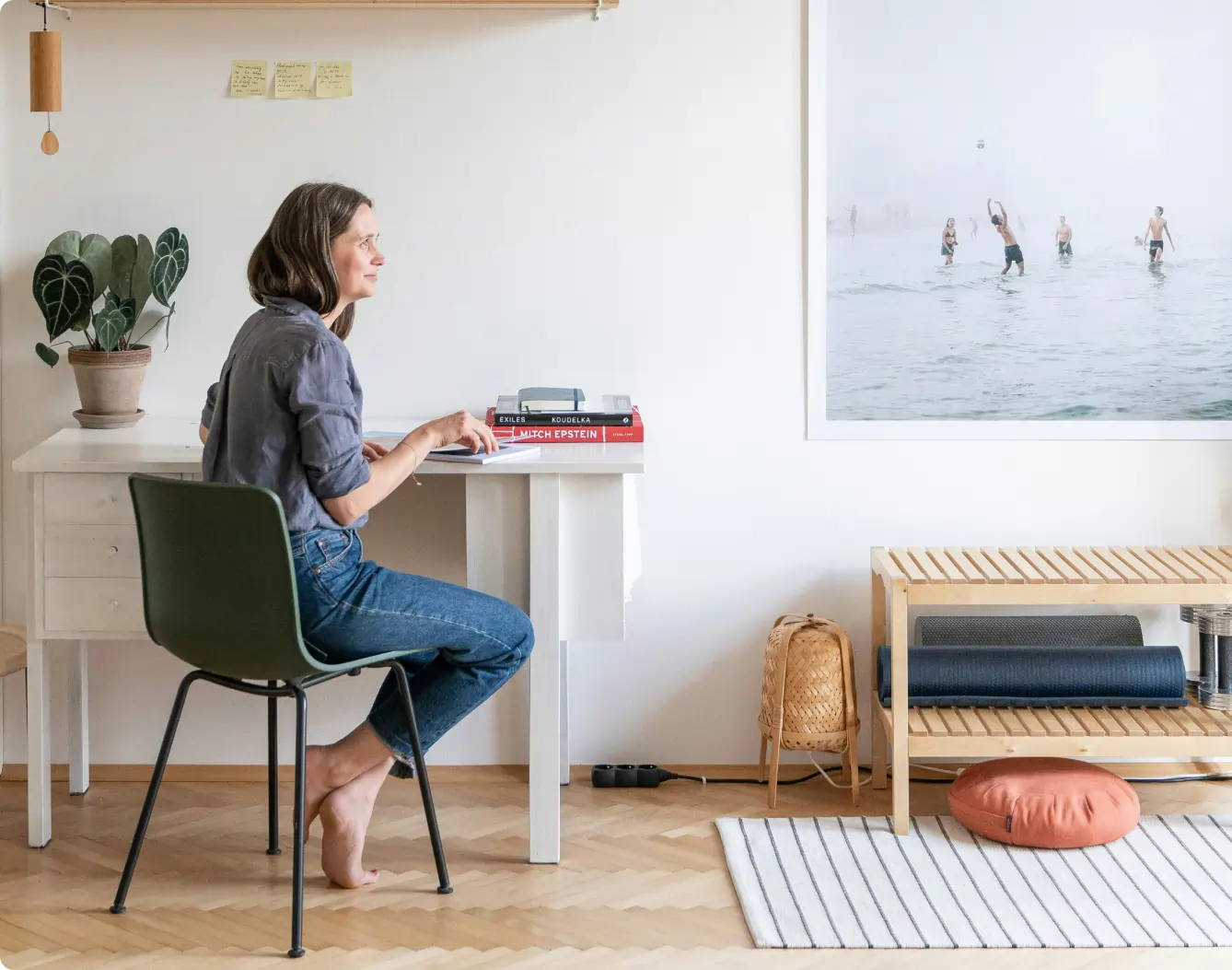Heard about OccuMax® pricing?
You can earn up to 30% more with our unique pricing strategy. Developed from managing over 350,000 bookings, it runs entirely within local regulations and has already earned our hosts over £112 Million.
x
FIND OUT MOREShort-term lets are legal across Île-de-France under the meublé de tourisme regime. In most large communes (e.g., Paris and many inner-ring cities), you must obtain a registration number and show it in ads; whole-home letting of a primary residence is capped at 120 nights per year in communes that use this system. Secondary homes or letting beyond the cap generally require change-of-use authorisation (often with compensation) before advertising. Tourist-tax (taxe de séjour) applies and platforms usually collect/remit. Fit smoke alarms (DAAF) and follow basic fire-safety practices.
Primary residence entire-home letting is capped at 120 nights/yr; tourist-furnished lets (‘meublés de tourisme’) may require registration/permit in many cities.

Short-term lets are legal across Île-de-France under the meublé de tourisme regime. In most large communes (e.g., Paris and many inner-ring cities), you must obtain a registration number and show it in ads; whole-home letting of a primary residence is capped at 120 nights per year in communes that use this system. Secondary homes or letting beyond the cap generally require change-of-use authorisation (often with compensation) before advertising. Tourist-tax (taxe de séjour) applies and platforms usually collect/remit. Fit smoke alarms (DAAF) and follow basic fire-safety practices.




Registration / Permit
Where a commune requires it, obtain a 13-character registration number and display it in all listings. For secondary homes or >120 nights, secure change-of-use authorisation first (often with compensation), then register.
Max Nights
Primary residence: up to 120 nights/year in communes operating the registration regime. The 2024 law lets communes lower this to 90 nights by deliberation—check your local rules.
Planning / Zoning
Registration is typically immediate online once accepted. Change-of-use authorisations take weeks to months depending on the commune and dossier.
Safety & Insurance
Install and maintain at least one compliant smoke alarm, provide basic safety information, and keep equipment maintained.
Tax
Income tax under French rules (BIC for furnished lettings). Tourist tax (taxe de séjour) applies, plus a regional surcharge = 200% of the base tax. TVA: hotel/para-hotel services taxable (typically 10%); simple furnished letting generally exempt.
Income tax under French rules (BIC for furnished lettings). Tourist tax (taxe de séjour) applies, plus a regional surcharge = 200% of the base tax. TVA: hotel/para-hotel services taxable (typically 10%); simple furnished letting generally exempt.
Install and maintain at least one compliant smoke alarm, provide basic safety information, and keep equipment maintained.
.webp)



• Paris uses strict change-of-use with compensation; many inner-ring communes have similar regimes.
• Tourist-tax rates vary by commune and are updated annually.
• New obligations include notifying the building manager when you obtain a registration number in some copropriétés.
.webp)


⭐ Rated 4.8/5 by 2,500+ Hosts
.webp)
A national online registration portal will be mandatory by 20 May 2026, with stronger proof of primary residence and higher fine ceilings. Some communes may adopt a 90-night cap under the 2024 law—check your commune’s decision.
Primary residence entire-home letting is capped at 120 nights/yr; tourist-furnished lets (‘meublés de tourisme’) may require registration/permit in many cities.


In Paris and many neighbouring communes, secondary-home tourist use requires change of use and often compensation (creation of equivalent housing surface).

Primary residence: up to 120 nights/year in communes operating the registration regime. The 2024 law lets communes lower this to 90 nights by deliberation—check your local rules.

Where a commune requires it, obtain a 13-character registration number and display it in all listings. For secondary homes or >120 nights, secure change-of-use authorisation first (often with compensation), then register.

Income tax under French rules (BIC for furnished lettings). Tourist tax (taxe de séjour) applies, plus a regional surcharge = 200% of the base tax. TVA: hotel/para-hotel services taxable (typically 10%); simple furnished letting generally exempt.
impots.gouv.fr: Location meublée (LMNP/BIC)
Install and maintain at least one compliant smoke alarm, provide basic safety information, and keep equipment maintained.

⭐ Rated 4.8/5 by 2,500+ Hosts

This guide is informational and not legal advice. Always confirm with
Local commune (Mairie) — Urbanisme/Logement (registration, change of use); Communal/Départemental tax office (taxe de séjour).
your local authority.